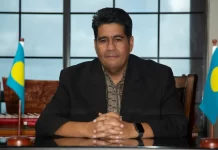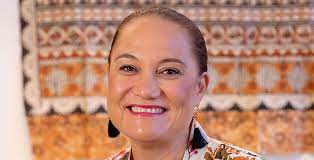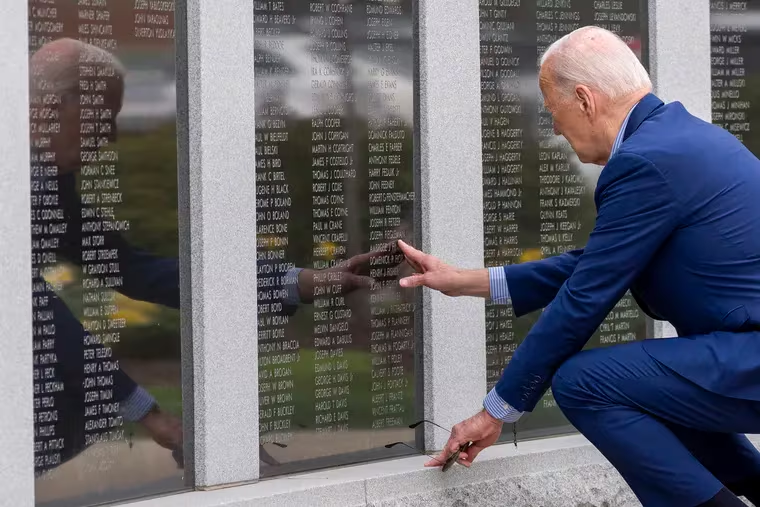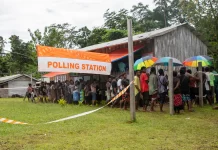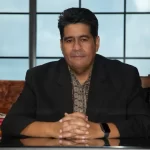Pacific island nations are free to form relationships with whichever countries they chose, New Zealand’s new deputy prime minister said, but those decisions impact the regional “family”, so broad and constant engagement is needed.
The United States, Australia and New Zealand have stepped up diplomacy and aid to the strategically important Pacific region, worried about China’s growing influence in the region that culminated last year in Beijing striking a security deal with the Solomon Islands.
“Every Pacific island country is responsible and has the power to form relationships with who they like,” Carmel Sepuloni, who is also associate foreign minister, told Reuters in an interview late Tuesday.
“It’s really important that we don’t go in there and say, we would prefer that you’re friends with this person or this person.”
However, relationships in the region were key, she added.
“It is our family and we’re so interconnected and reliant on each other,” said Sepuloni, who is the first deputy prime minister of Pacifika descent. “We need to be talking really closely all of the time to ensure that the wider family is a consideration in the decisions that are made.”
Sepuloni is making her first overseas trip as deputy prime minister this week and will represent New Zealand at the Pacific Island Forum Special Leaders Retreat in Fiji.
At a regional meeting in Fiji last year, leaders from 10 island nations deferred consideration of a sweeping trade and security communique proposed by China.
While small and with limited military capabilities, New Zealand’s soft power in the Pacific is arguably stronger than its allies. It has a large Pacifika population and strong family, business, sporting and cultural ties along with territories in the region.
Sepuloni said she would like to see more engagement by ministers and members of parliament with their counterparts in the region.
“If you don’t have strong relationships with the leaders in the Pacific… it’s very hard to have those constructive conversations where change can be made in particular areas,” she said….
SOURCE: REUTERS/PACNEWS


